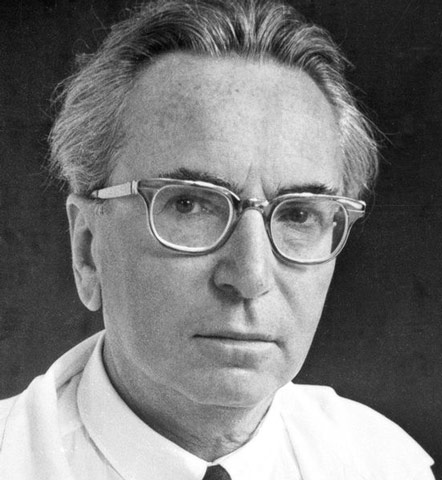The views expressed in our content reflect individual perspectives and do not represent the authoritative views of the Baha'i Faith.
In Baha’u’llah’s The Four Valleys, the third valley begins this way:
If the loving seekers wish to live within the precincts of the Attracting One (Majdhub), no soul may dwell on this Kingly Throne save the beauty of love. – p. 54.
The Persian word Majdhub means attracted, ecstatic and lover all rolled into one—it signifies the great love the heart and soul can feel for the Eternal. For the Sufi poets al majdhub meant a person drawn by the divine attraction, pulled into a helpless orbit by the gravity of the love of God.
The great mystic poet Rumi, whose epic poem The Mathnavi Baha’u’llah quotes in the next passage of the third valley, put it like this:
Love shunneth this world and that world too,
In him are lunacies seventy-and-two.
The minstrel of love harpeth this lay;
Servitude enslaveth, kingship doth betray.
Baha’u’llah said that this valley, which we’ll call the valley of love, requires “pure affection and the bright stream of fellowship.” – p. 55. He wrote:
On this plane, neither the reign of reason is sufficient nor the authority of self. Hence, one of the Prophets of God hath asked: “O my Lord, how shall we reach unto Thee?” And the answer came, “Leave thyself behind, and then approach Me.” – The Four Valleys, p. 54.
Here, at this stage of spiritual development, the seeker must transcend both self and knowledge, and become intoxicated by selfless love for others, and for the Creator. This works, not just on a spiritual level, but on a psychological one, as well.
Transcendence elevates our normal self beyond the ordinary limits of the individual personality, and leads to a direct experience of a deep connection, harmony and unity with others and the world itself. Maslow defines the self we transcend as the “ego-self,” that group of self-concepts, self-images and roles we all develop early in life. The psychologist and author Victor Frankl says that transcending those roles requires going beyond self-actualization:
Only to the extent that someone is living out this self transcendence of human existence is he truly human or does he become his true self. He becomes so, not by concerning himself with his self’s actualization, but by forgetting himself and giving himself, overlooking himself and focusing outward. –Victor Frankl.
Maslow’s transpersonal philosophy, and Ken Wilber’s as well, both tell us that our regular day-to-day egos–what many of us think of as our selves–are not our true natures at all. Instead, transpersonal psychology has found that each person’s true self, our essence as individuals, only emerges when we focus on the deeper nature beyond the ego.
Almost every advanced psychological and spiritual discipline incorporates this transcendent idea of the renunciation of the ego. Maslow recounts human psychological development as a progressive growth pattern toward self-forgetting, saying that a healthy, well-adjusted adult looks within for the real self and simultaneously discovers “the path to experiencing one’s specieshood, one’s commonness with all other members of the human species.” – Toward a Psychology of Being, p. 185.
The real work of re-mapping our own souls, leaving old habits of mind and spirit behind, and adopting new truths starts right here. Since truth opens up new vistas for the seeker as the path widens, open-minded acceptance and readiness for new truths increases in importance at each step. This relativity means constant, heroic readiness for change–and this change-ready self can then guide our development, according to Ken Wilber:
The self might be thought of as the navigator of development… On the one hand, it can (within limits) choose to remain on its present level of structural organization, or it can choose to release its present level in favor of another… It must accept the ’death,’ negation, or release of the lower level–it must dis-identify with or detach from an exclusive involvement with that level–in order to ascend to the greater life, unity, and integration of the next higher level(or levels) of structural organization. – Eye to Eye, pp. 280-281.
Moving from a relatively limited, self-investigating and self-focused personality mode, to a more unlimited, self-transcending and loving one describes a healthy, desirable course of human growth, the essence of re-mapping the soul:
O My Brother! A pure heart is as a mirror; cleanse it with the burnish of love and severance from all save God, that the true sun may shine within it and the eternal morning dawn. – Baha’u’llah, The Seven Valleys, p. 21.
…until the wayfarer taketh leave of self, and traverseth these stages, he shall never reach to the ocean of nearness and union, nor drink of the peerless wine. – Baha’u’llah, The Seven Valleys, p. 4.
Let your vision be world-embracing, rather than confined to your own self. – Baha’u’llah, Gleanings from the Writings of Baha’u’llah, p. 94.

















Comments
Sign in or create an account
Continue with Googleor